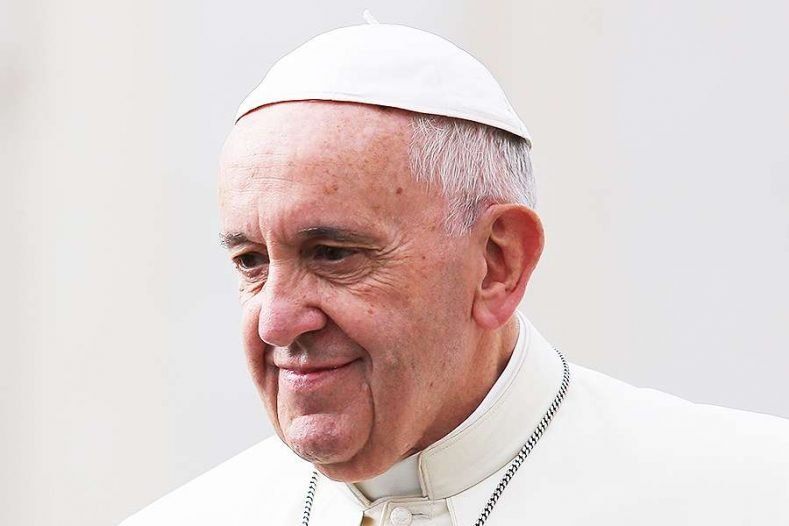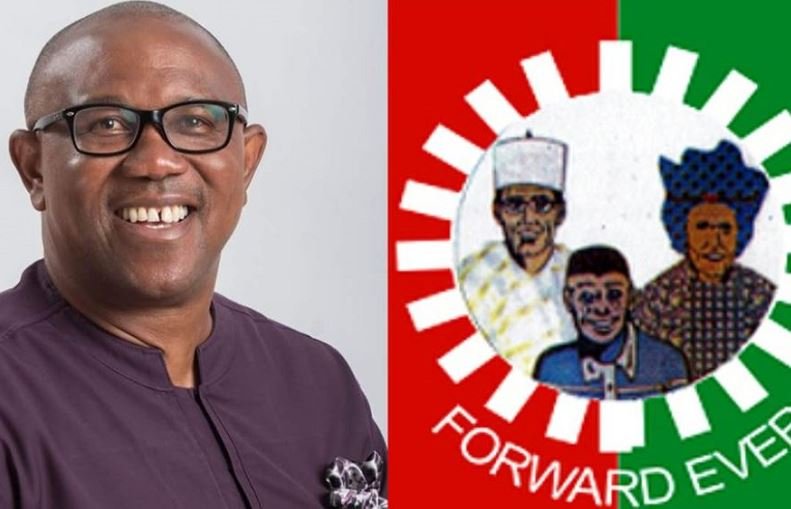
Many Muslims around the world expressed dismay on Wednesday at Donald Trump’s election as United States president, saying they feared it might raise tensions between the West and Islam and contribute to radicalisation.
While Egypt’s president made an early congratulatory call to Trump, ordinary Muslims were worried that his victory would be a propaganda gift to jihadist groups. Others were apprehensive that the president-elect will implement campaign pledges to clamp down on Muslims entering the United States.
“Trump has espoused highly inflammatory rhetoric against Muslims. Voters there will expect him to fulfill his promises. That makes me worry about the impact on Muslims in the US and in the rest of the world,” said Yenny Wahid, a prominent mainstream Muslim figure in Indonesia.
The world’s 1.6 billion Muslims follow a multitude of sects and schools of thought, constitute a majority of the population in countries as varied as Indonesia, Pakistan, Saudi Arabia, Senegal and Albania, and hold a vast array of political views.
Yet Trump’s previous comments about Muslims, that those from abroad should be barred entry or intensely scrutinised beforehand, and the presence of vocal anti-Islam activists among his supporters, has alarmed many.
During a bitter election campaign, Trump also attacked his opponents for what he characterised as their denial about the threat posed by militant Islam, which he said was “coming to our shores”, adding that he would quickly form a commission on it.
Egyptian President Abdel Fattah al-Sisi was the first world leader to congratulate Trump on the phone, Sisi’s office said.
Many other Egyptians also welcomed his victory, saying his opponent Hillary Clinton’s record in office had won her few friends in the most populous Arab country.
Clinton, Secretary of State during the 2011 Arab Spring uprisings, is unpopular with many Egyptians. Many of those who backed the revolt saw her as a long-standing supporter of Hosni Mubarak, the autocrat they toppled from power.
But elsewhere, other Muslims saw Trump as a hostile figure.
“Whatever happens to America affects everybody and with all these promises of doom by Trump to the blacks, to the Muslims, the minority, so it’s not something we’re happy about,” said Ganiu Olukanga, a Muslim resident of the Nigerian capital Lagos.
Some Muslims, including Wahid, said they feared his election as president might encourage a view that the United States held enmity for Muslims and that this would hinder efforts in Islam to counter radicalisation.
“Trump’s victory will be an enormous gift to a failing jihadist movement, that will have now have a renewed rallying cry,” said Ammar Rashid, an academic and member of Pakistan’s Awami Workers Party on Twitter.
“If jihadi ideology has a source of sustenance, it is the image of the US as the evil anti-Muslim crusader. They will milk Trump’s win dry,” he added.
In jihadist social media forums, militants said Trump’s election had merely revealed the true position of the United States towards Muslims. “The masks have slipped,” one wrote.
But some other Muslims were more hopeful, including Umer Daudzai, former Afghan minister of interior, citing the record of Ronald Reagan who was U.S. president from 1981-89. “Ronald Reagan ended the Cold War. I hope Donald Trump will end all wars and become hero of peace in the world,” he told Reuters.










